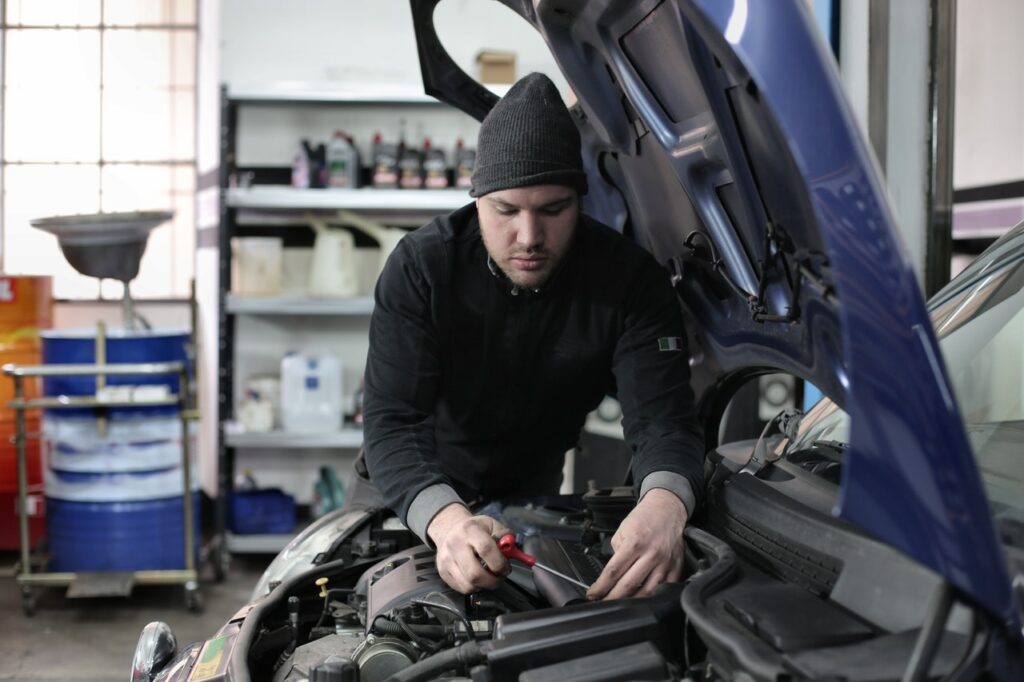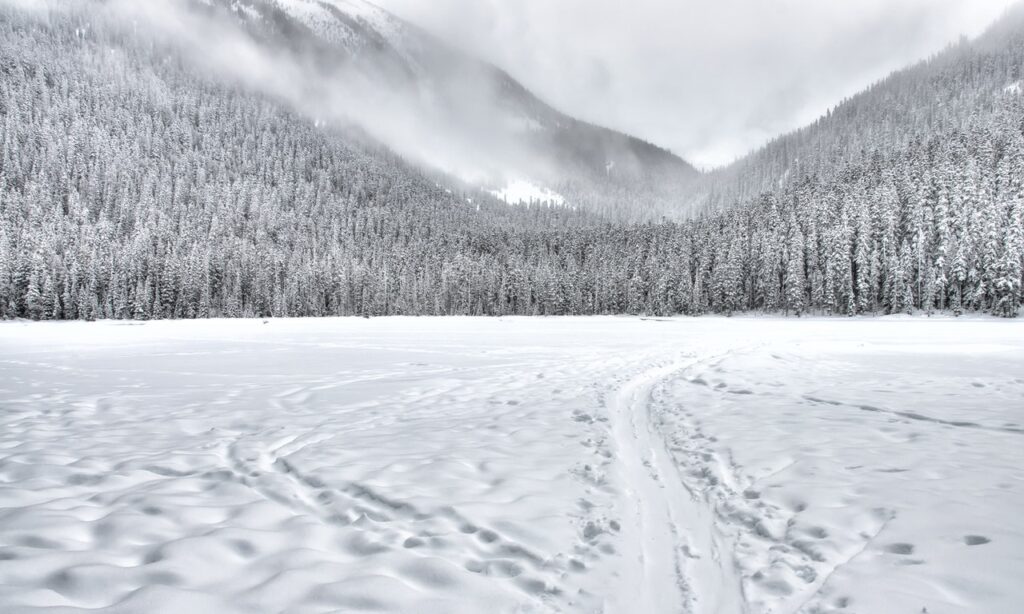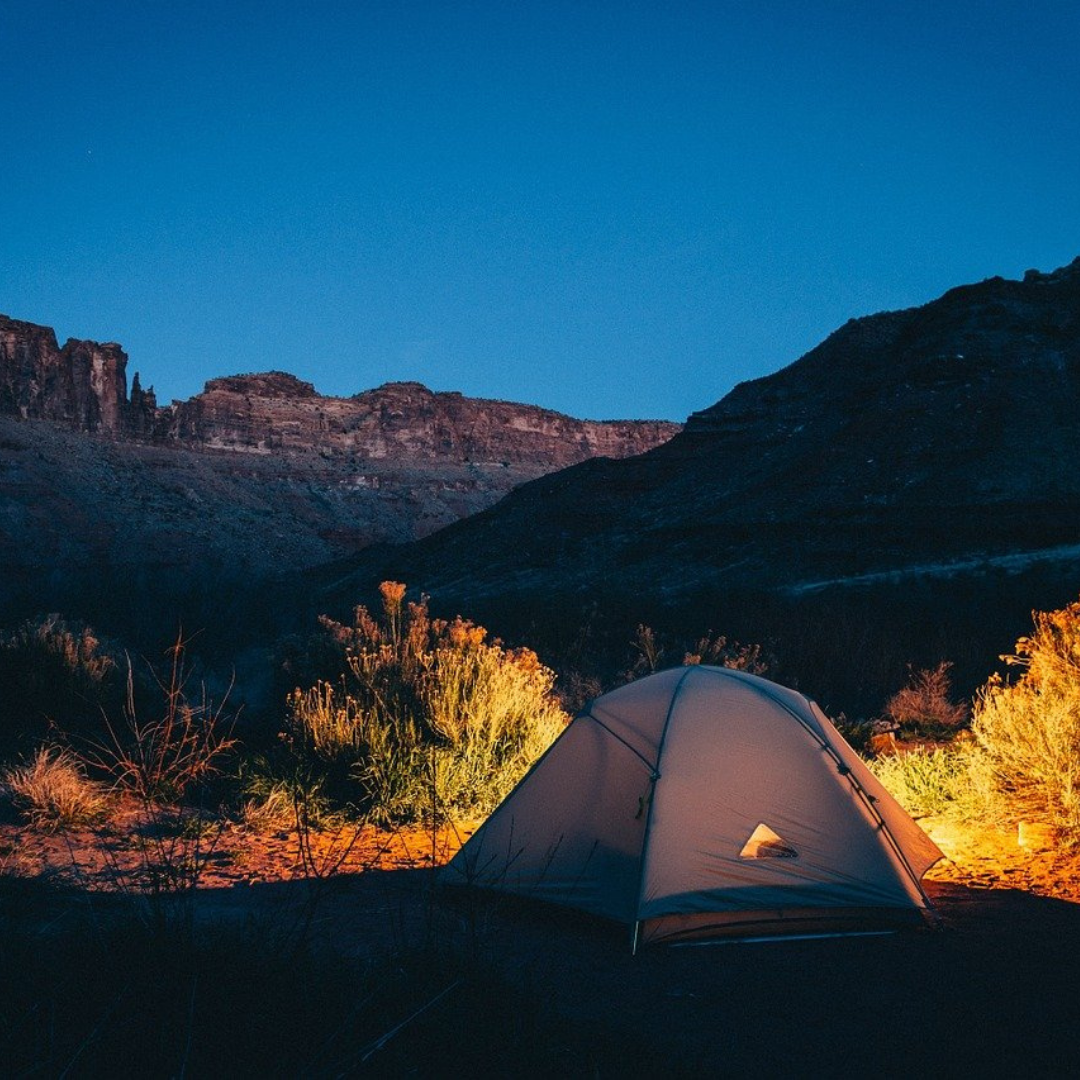Effective Ways To Stay Safe On Your Next Family Road Trip

Perhaps you want to hit the outdoors on a road trip one more time before the cold winter season hits. You have packed the bags for the road, and you’ve filled your cooler with the goodies and yummies. But getting ready for a road trip goes well beyond what food and clothes you pack. Your prime concern before heading out should be the safety of each member of your traveling team, especially with the 24% spike in traffic death rate. So, here are some ways to keep your family safe during a road trip.
Perform basic safety checks

Before you set off, take the time to inspect your preferred vehicle to ensure that every part is in perfect working condition. Check your tire pressure, headlights, fluid level, wiper blades, air conditioning, etc. You can also schedule a tune-up session with a trusted mechanic to check your vehicle engine, brakes, etc., and ensure that every part of your car is ready for the road trip. Doing this will help prevent breakdowns while on the road. But because a road trip can also offer unexpected twists, the next point is equally important.
Prepare for roadside emergencies
Even with your best efforts, the unexpected always has a way of sneaking up on you. The highway, especially, is home to irresponsible road users, and you can also experience an unexpected car breakdown at any time. So, be prepared for any roadside emergency, as the last thing you want is for your family to be left stranded far away from home. Start by preparing an emergency kit and having it readily available in your vehicle before setting off. You should also have important contacts saved on your phone or written down, including that of your insurance provider.
Research your destination and plan your route
Of course, you don’t want to set off without a clear idea of where you want to go and how best to get there. You want to research the best route to travel, considering how safe that route is regarding the crime rate. Planning your route also involves knowing the right locations to spend the night in advance. Try booking your accommodations ahead of time where possible to avoid being stranded. And if you plan to spend the nights in your vehicle or even camping outside, be sure you’re picking safe locations. You might also want to avoid passing the night at locations that pose health hazards. So research the location’s health status, including COVID level, malaria elimination status, and so on.
Be prepared for inclement weather

With the winter season fast approaching, there is nothing worse than an unexpected snowstorm causing you major stress on the road. According to the stats, about 21% of vehicular accidents happen in adverse weather conditions each year. So don’t be in a rush to head out, especially if the weather conditions don’t look encouraging. Take the time to observe the current typical weather pattern and pay attention to weather forecasts to know what to expect.






